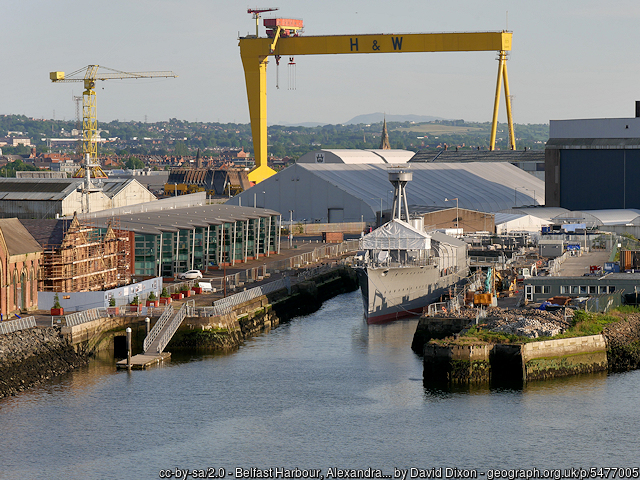The EU’s Bad Friday Announcement
The EU-UK vaccine row has repoliticised the Northern Ireland Protocol and damaged the prospects for its smooth implementation says Professor David Phinnemore.

The Northern Ireland dimension to Brexit was always going to be challenging. The hope of the United Kingdom (UK) and the European Union (EU) was that, with a dedicated Protocol and jointly agreed arrangements designed to avoid a hard border on the island of Ireland and protect the 1998 Belfast (Good Friday) Agreement in all its parts, Brexit’s inevitable disruption could be kept to a minimum and the Northern Ireland peace process, possibly a little unsettled, would remain broadly unaffected.
Reactions to the reality of Brexit and the Protocol and the changes and the disruption to trade they have caused meant that the initial weeks of 2021 were particularly difficult for Northern Ireland. Brexit became very real on 1 January with the arrival of new formalities, restrictions, checks and controls on the movement of goods into Northern Ireland from the rest of the United Kingdom.
These seemed to surprise many people, but they are the logical consequence of United Kingdom abandoning the EU’s customs union and its internal market while agreeing under the Protocol for Northern Ireland to remain in the EU customs territory and, at least for goods, the EU internal market.
The Irish Sea Border
The effect of these new arrangements is the creation of what many see as an ‘Irish Sea border’, something totally unacceptable to many ‘unionists’ supporters of Northern Ireland remaining part of the United Kingdom. For them, such a border divides the United Kingdom, makes a mockery of the idea of a UK internal market, and threatens the constitutional integrity of the United Kingdom.
Others are more sanguine. The Protocol is a pragmatic response to the realities of a ‘hard’ Brexit and the shared UK and EU commitment to avoid a hard border on the island of Ireland. Northern Ireland’s constitutional status as part of the UK is unaffected; under the 1998 Agreement, only a vote of the people in Northern Ireland can change that; and there is currently no majority for a united Ireland even if support is increasing.
Unionists are nevertheless extremely anxious about what the future holds. Their opposition to the Protocol has become louder and more resolute, and has recently seen the launch of legal challenges to the Protocol. Among the claims being made are that the Protocol breaches the 1800 Act of Union and the consent arrangements in the 1998 Agreement.
To continue reading, please click here.
Article originally appeared on the International Politics and Society online journal.
The featured image has been used courtesy of a Creative Commons license.




